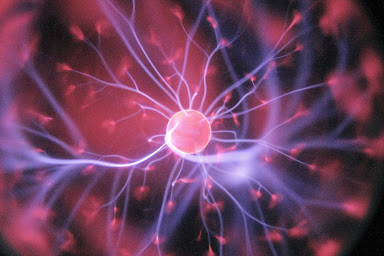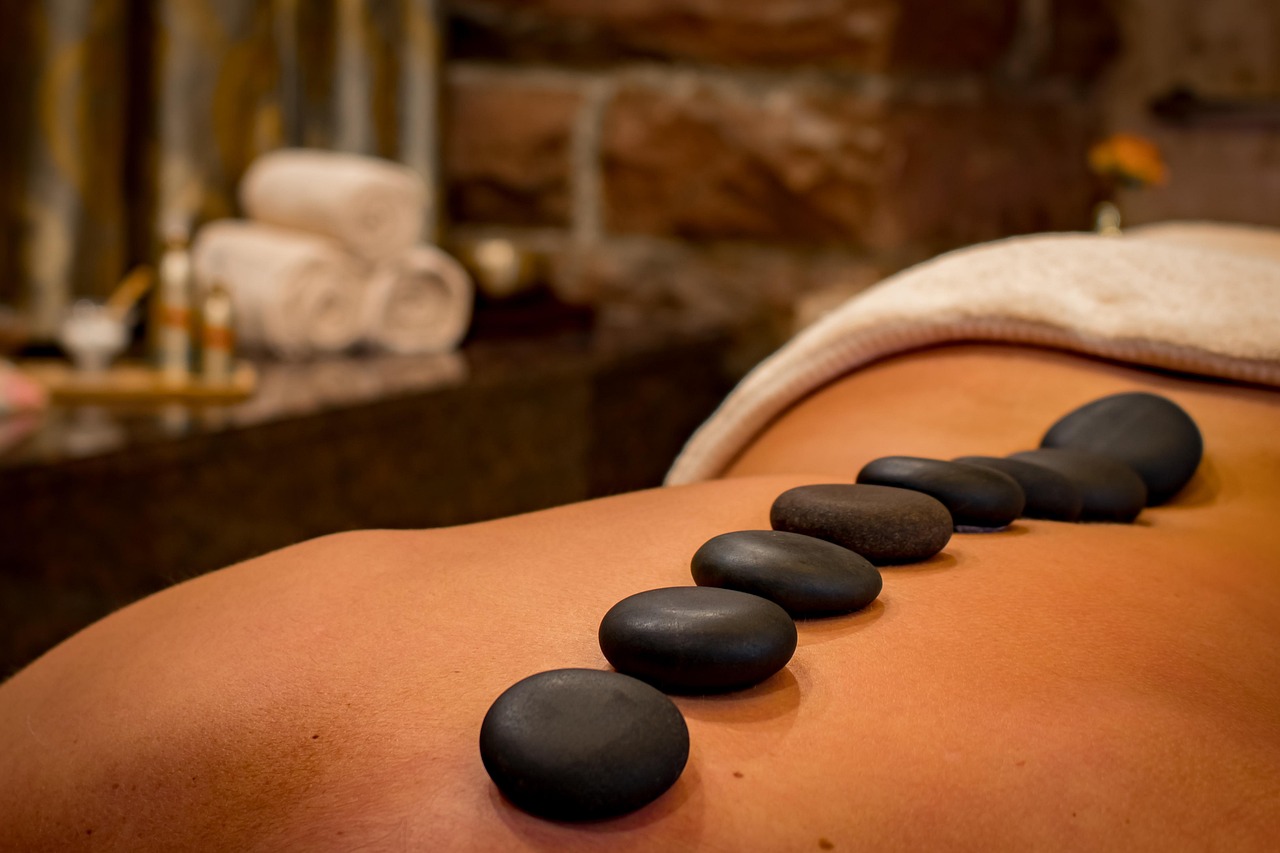
Hi Readers, My physician sent this article to me and asked me to share it with my readers. The original article had medical nomenclature and I edited it for use by general audiences.
Do you know that we have two ages? Your chronological age (your birthdate), and your relative or biological age based on your lifestyle? I hope you will take the short quiz I have attached and find out YOUR bio age.
What’s
Your Biological Age?
By Andrea Klemes, DO FACE (Doctor of Osteopathy, Fellow of the American College
of Endocrinology) Excerpted and Edited by AgeDoc
Everyone ages. It’s a process that none of us can avoid despite how well we
care for ourselves. There are two basic types of aging – chronological and
biological. And while you experience both, one type of aging can happen faster
than the other.
Chronological aging is what we think of when we think of aging. It’s the
age on your driver’s license. Biological aging, however, is the amount
of cellular and tissue damage that’s accumulated over time.
Scientists have used years of genetic information, advanced molecular biology
testing and machine learning to establish biomarkers or “clocks” that define
biological age. If a person is chronologically 60 years old but has biomarkers
of a 50-year-old, their biological age may be closer to 50. And of course, a
60-year-old with biomarkers of a 70-year-old is considered biologically 70.
This helps explain why people of the same age may look, move or just seem older
or younger than their chronological age.
Biological
aging is complicated – and so is the science behind it. Your doctor is your
best resource for understanding how you’re aging and for guiding you on the
steps to slow down your biological clock and improve your health. Make sure you
talk to your doctor before making any major lifestyle changes. Your doctor
knows your health history and can help you pursue healthier choices at an
appropriate pace.
Take the
FREE quiz to immediately find out your bio age! https://drkarafitzgerald.outgrow.us/drkarafitzgerald-6
Your Body
Ages at Different Rates
Instead, parts of
your body, like organs, age on their own timeframe. This is probably why some
people develop diseases earlier in life. The concept has led to a new area of
research referred to as “organ aging,” which involves studying how quickly
different parts of the body age and how it affects our overall health and
longevity. Despite all the research, the science behind biological aging is
still pretty new – and testing, which can range from free online surveys to
expensive DNA tests, may not produce accurate results.
Slowing the Biological
Aging Process
The good
news is we don’t need to know our biological age to slow down the biological
aging process and even reverse it. In fact, you probably already know the
things that you can improve to get to a younger biological age. Here are seven
tips that can help:
Get plenty of exercise. Exercise helps us manage our cholesterol levels
and lower high blood pressure, which helps our hearts. It can even thin our
blood, which may lessen the risk for blood clots. Even if our chronological
ages are high, exercise can still positively impact our biological age.
Maintain a healthy weight. This can also extend our biological age. In
fact, gaining weight as we age is associated with poor health outcomes. Being
overweight also puts pressure on our heart, raises our risk for multiple
chronic conditions including type 2 diabetes, hypertension and cancer and makes
getting around harder. Obesity may lead to loss of independence in old age.
Quit smoking. Nothing increases biological age quite as much as
smoking. One study found that epigenic aging is directly linked to smoking.
Exposure to cigarette smoke harms our DNA, increases our risk for cancer, and
damages our heart.
Our diet also profoundly impacts how we age biologically.
Studies show that people who eat a diet rich in fruits and vegetables,
whole grains, nuts and legumes and healthy proteins like fish live longer and
healthier lives. Studies have also shown that what we eat has a positive
influence on bio aging.
Controlling our stress can also help reduce bio aging. If you have high
levels of stress or anxiety, let your doctor know. They can help you manage it,
and hopefully, slow your biological aging.
Like stress, not enough sleep is also linked with a higher
biological age and a shorter lifespan. Lack of sleep can interfere with the
body’s natural repair process, and too much sleep can have a negative effect, which
is why doctors recommend you sleep between seven and nine hours a
night.
Finally, alcohol consumption is also linked to biological
aging. Cutting back or eliminating alcohol altogether can cut
years off your biological clock.
Biological
aging is complicated – and so is the science behind it. Your doctor is your
best resource for understanding how you’re aging and for helping you take the
steps to slow down your biological clock and improve your health. Make sure you
talk to your doctor before making any major lifestyle changes. Your doctor
knows your health history and can help you make healthy choices at an
appropriate pace.



